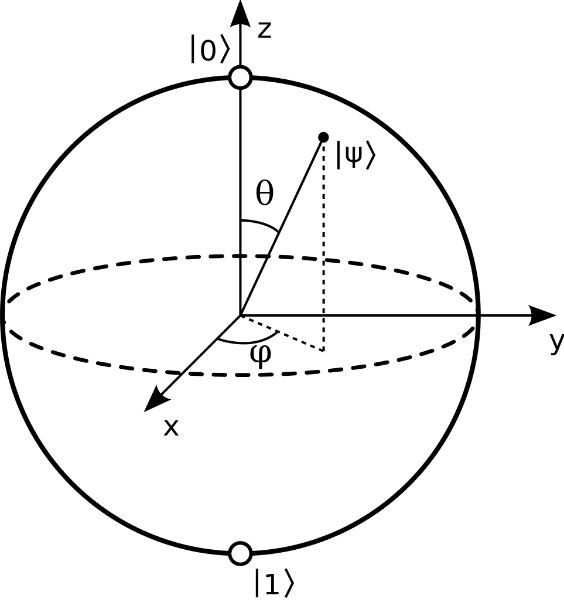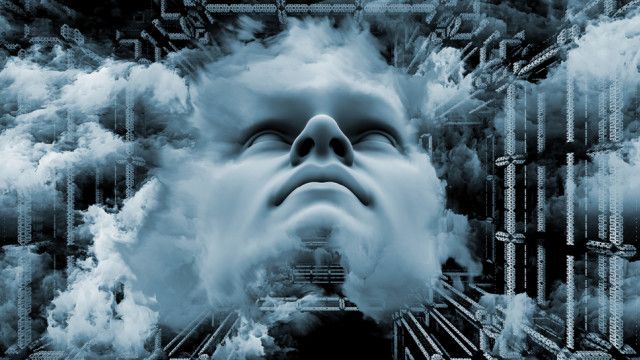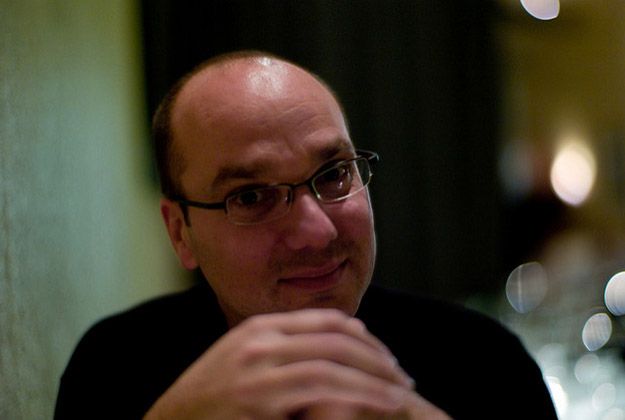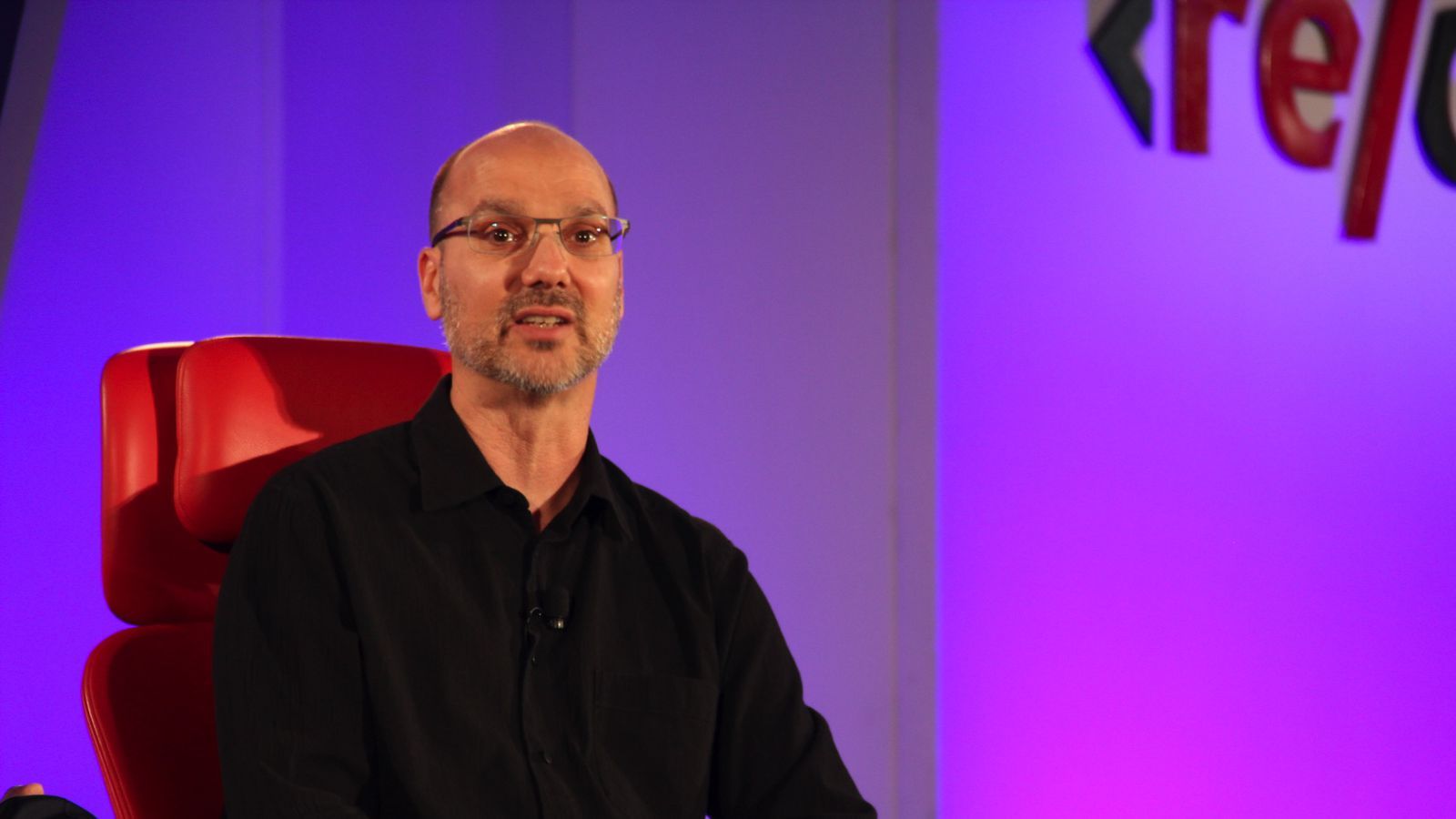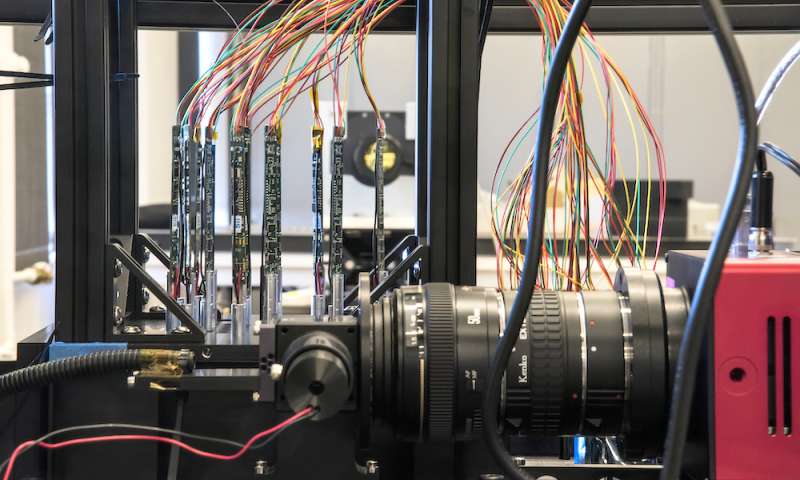Over the next 3 to 5 years you will see more and more in tech (medical/ bio, chip/ semiconductors, software, AI, services, platform, etc.) adopting QC in their nextgen products and services. We’re (as in Vern B. — D-Wave co-founder and CEO terms) in the Era of Quantum Computing. I highly urge techies to learn about QC so that you remain relevant.
Google is being driven by need to prevent the NSA from breaking into its system to access confidential personal data of its millions of users. On the other hand, the NSA is bent on cracking the tough encryption systems Google and other tech firms use to shield their information from them. Quantum computers will attain this aim for both Google and the NSA.
Google recently said it’s gotten closer to building a universal quantum computer. A team of Google researchers in California and Spain has built an experimental prototype of a quantum computer that can solve a wide range of problems and has the potential to be scaled up to larger systems.
The Google prototype combines the two main approaches to quantum computing. One approach constructs the computer’s digital circuits using quantum bits or qubits in specific arrangements geared to solve a specific problem. The other approach is called adiabatic quantum computing (AQC).
